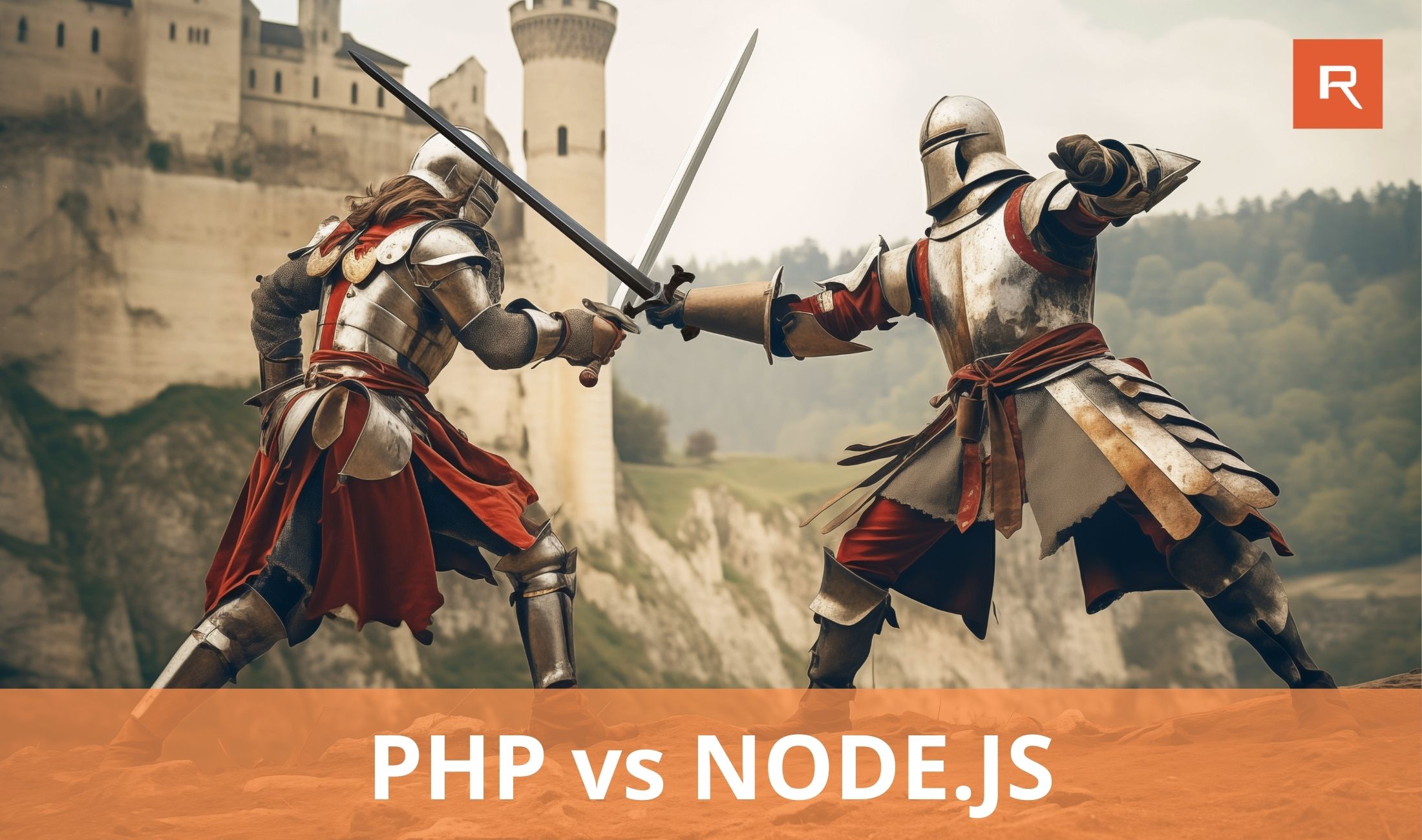
Live Chat

Domain Scan

(empty)

Login
Will PHP Be Replaced by Node.js?
(26-jul-2024)

In the ever-evolving world of web development, developers continuously seek the most efficient, scalable, and robust technologies to build their applications. Two popular server-side technologies that often come under comparison are PHP and Node.js. While PHP has been a staple in web development for over two decades, Node.js, a relatively newer technology, has been gaining significant traction. This raises the question: Is Node.js a replacement for PHP? To answer this, let's delve into the strengths and weaknesses of both and explore how traditional programming with PHP compares to the modern approach of Node.js.
The Legacy of PHP
PHP, or Hypertext Preprocessor, has been a dominant force in web development since its inception in 1994. Known for its ease of use, PHP has powered a significant portion of the web, including giants like Facebook and WordPress. Here are some reasons why PHP has remained popular:- Ease of Learning and Use: PHP's syntax is straightforward and easy to learn, making it an ideal choice for beginners.
- Wide Adoption and Community Support: PHP has a massive community and a wealth of resources, tutorials, and frameworks (like Laravel and Symfony) that make development faster and more efficient.
- Cost-Effective: PHP is open-source and runs on almost any server, including the inexpensive shared hosting plans.
The Rise of Node.js
Node.js, introduced in 2009, brought JavaScript to the server side. Its non-blocking, event-driven architecture allows it to handle a large number of concurrent connections with high efficiency, making it a preferred choice for real-time applications like chat servers and online gaming. Here are some advantages of Node.js:- Asynchronous and Event-Driven: Node.js uses a non-blocking I/O model, which makes it highly scalable and efficient for handling multiple connections simultaneously.
- JavaScript Across the Stack: Using JavaScript on both the client and server sides can lead to better consistency and productivity, as developers can work seamlessly across the entire stack.
- Performance: Node.js, built on the V8 JavaScript engine, offers impressive performance, particularly for I/O-bound tasks.
Traditional Programming vs. Modern Node.js
Let's find out how traditional PHP programming compares to modern Node.js development, highlighting the evolution of web technologies and methodologies.| Traditional PHP Programming | Modern Node.js Development |
|---|---|
| Synchronous Execution: PHP executes code in a synchronous manner, meaning each line of code waits for the previous one to complete. This can simplify coding but may lead to inefficiencies under high load. | Asynchronous Execution: Node.js executes code asynchronously, allowing it to handle multiple operations concurrently without waiting for each to finish. This leads to high performance and scalability. |
| File-Based Structure: PHP applications often have a file-based structure where each file corresponds to a specific task or page. | Module-Based Structure: Node.js applications are often modular, with code split into reusable modules, promoting maintainability and organization. |
| LAMP Stack: PHP typically runs on the LAMP stack (Linux, Apache, MySQL, PHP), a traditional and well-supported setup. | MEAN/MERN Stack: Node.js is often part of the MEAN (MongoDB, Express, Angular, Node.js) or MERN (MongoDB, Express, React, Node.js) stacks, which offer a modern, full-stack JavaScript solution. |
Is Node.js a Replacement for PHP?
Now, let's see if Node.js can truly replace PHP. The answer isn't straightforward-it depends on the use case:- For Real-Time Applications: If your application requires real-time capabilities, like chat applications or live updates, Node.js is the superior choice due to its asynchronous, non-blocking nature.
- For Traditional Web Applications: PHP still holds strong for traditional web applications, particularly content-driven sites like blogs, e-commerce platforms, and CMSs. Its simplicity, ease of use, and vast ecosystem make it a viable option.
Conclusion
In conclusion, while Node.js brings modern capabilities and efficiencies to the table, PHP continues to be a reliable and robust choice for many developers. Rather than viewing Node.js as a replacement for PHP, it is more accurate to see it as an alternative that offers different strengths. Understanding the unique benefits of each technology allows developers to make informed decisions and build better applications tailored to their specific needs.References and Further Reading
Understanding the unique benefits of each technology allows developers to make informed decisions and build better applications tailored to their specific needs, ensuring a future where both PHP and Node.js continue to thrive and innovate in the ever-evolving landscape of web development.
 Written by: Register.lk Support Hero - Kesaru
Written by: Register.lk Support Hero - Kesaru







